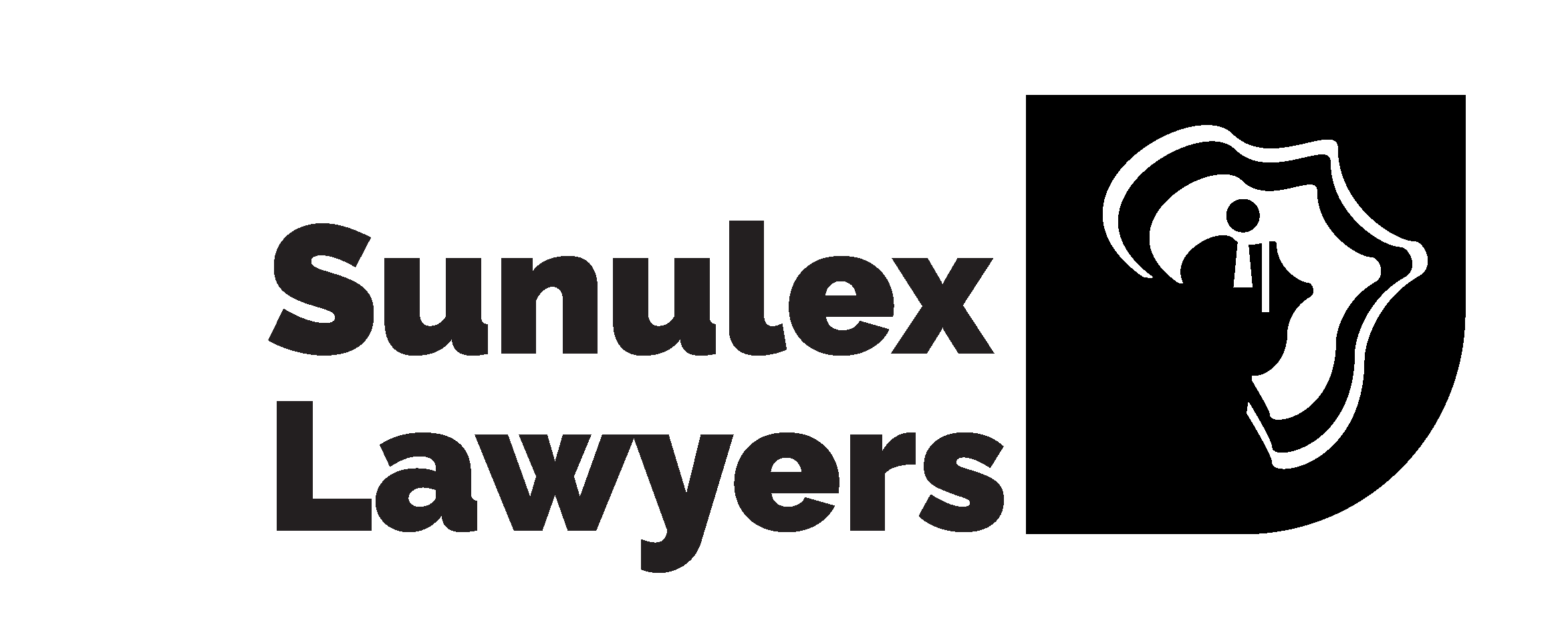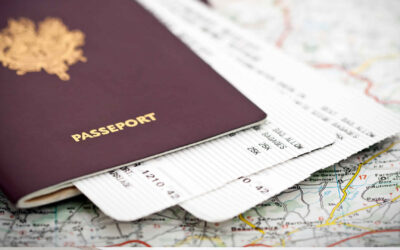Advice and administrative procedures for obtaining a study, tourist or business visa
Obtaining a visa for the Schengen area, Canada or the United States may seem complex, but with the right preparation and attention to detail, the process can be simplified.
Uncategorized
Protecting your intellectual property: strategies
Protecting your intellectual property, such as original works, trademarks, trade secrets and databases, is essential for your business and for creators. Here is an overview of the key concepts related to this protection and...
Managing your civil and commercial contracts
The drafting of legal documents such as partnership agreements, confidentiality agreements, leases, general terms and conditions of use and sale, employment contracts, partnership agreements and franchise agreements is essential to ensure the...



